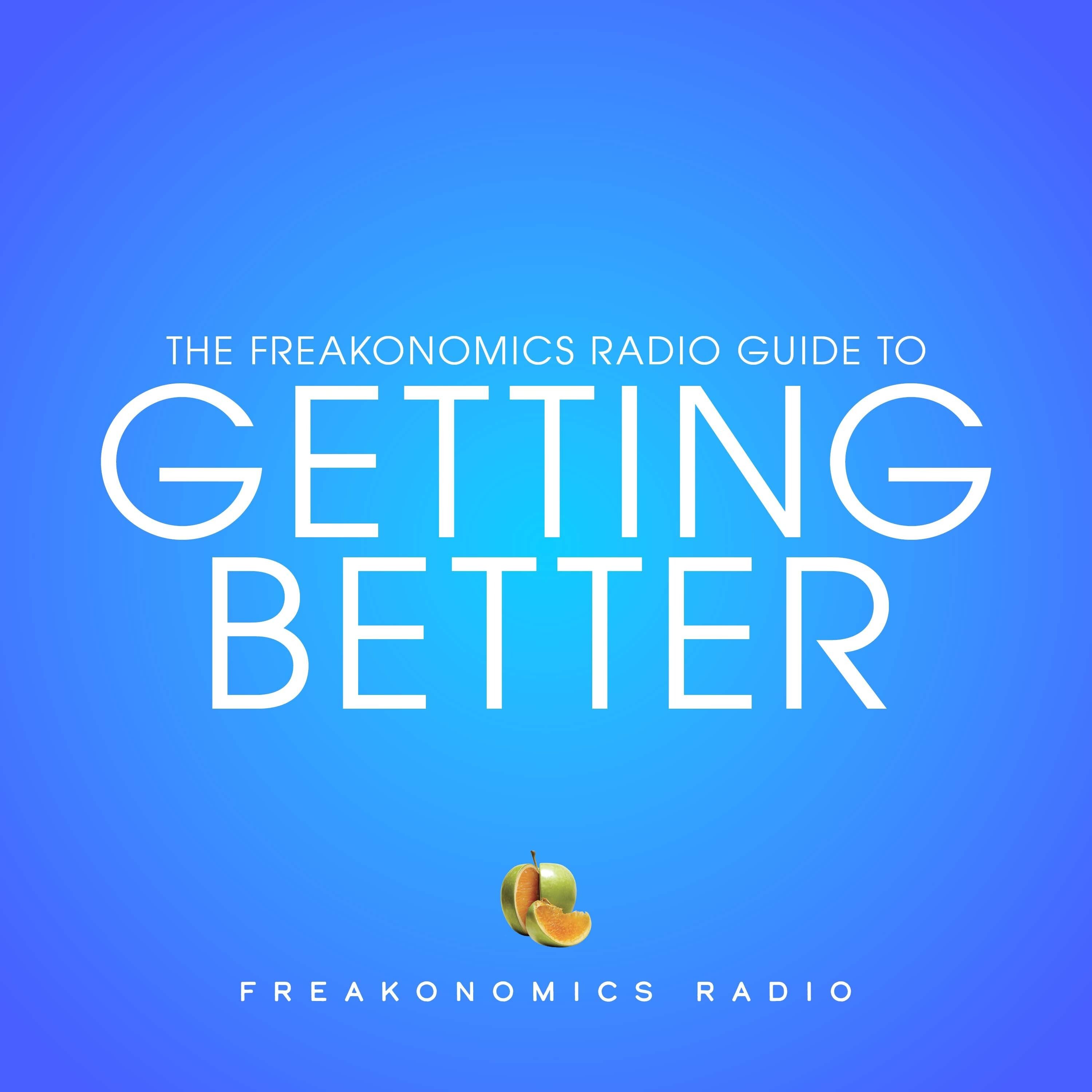Freakonomics Radio
Zeke Emanuel (a physician, medical ethicist, and policy wonk) has some different ideas for how to lead a healthy and meaningful life. It starts with ice cream. (Part three of “The Freakonomics Radio Guide to Getting Better.”)
- SOURCES:
- Zeke Emanuel, oncologist, bioethicist, professor at the University of Pennsylvania.
- RESOURCES:
- Eat Your Ice Cream: Six Simple Rules for a Long and Healthy Life, by Zeke Emanuel (2026).
- “Nutrition Science’s Most Preposterous Result,” by David Merritt Johns (The Atlantic, 2023).
- EXTRAS:
- “Is Ozempic as Magical as It Sounds?” by Freakonomics Radio (2024).
- “The Suddenly Diplomatic Rahm Emanuel,” by Freakonomics Radio (2023).
- “Ari Emanuel Is Never Indifferent,” by Freakonomics Radio (2023).
- “What’s the “Best” Exercise?” by Freakonomics Radio (2014).
Hosted by Simplecast, an AdsWizz company. See pcm.adswizz.com for information about our collection and use of personal data for advertising.

438. How to Succeed by Being Authentic (Hint: Carefully)
John Mackey, the C.E.O. of Whole Foods, has learned the perils of speaking his mind. But he still says what he thinks about everything from “conscious leadership” to the behavioral roots of the obesity epidemic.…
Why the Left Had to Steal the Right’s Dark-Money Playbook
The sociologist Sudhir Venkatesh spent years studying crack dealers, sex workers, and the offspring of billionaires. Then he wandered into an even stranger world: social media. He spent the past five years at Facebook and…
437. Many Businesses Thought They Were Insured for a Pandemic. They Weren’t.
A fine reading of most policies for “business interruption” reveals that viral outbreaks aren’t covered. Some legislators are demanding that insurance firms pay up anyway. Is it time to rethink insurance entirely?
436. Forget Everything You Know About Your Dog
As beloved and familiar as they are, we rarely stop to consider life from the dog’s point of view. That stops now. In this latest installment of the Freakonomics Radio Book Club, we discuss Inside…
435. Why Are Cities (Still) So Expensive?
It isn’t just supply and demand. We look at the complicated history and skewed incentives that make “affordable housing” more punch line than reality in cities from New York and San Francisco to Flint, Michigan…
434. Is New York City Over?
The pandemic has hit America’s biggest city particularly hard. Amidst a deep fiscal hole, rising homicides, and a flight to the suburbs, some people think the city is heading back to the bad old 1970s.…
“Don’t Neglect the Thing That Makes You Weird” | People I (Mostly) Admire: Ken Jennings
It was only in his late twenties that America’s favorite brainiac began to seriously embrace his love of trivia. Now he holds the “Greatest of All Time” title on Jeopardy! Steve Levitt digs into how…
433. How Are Psychedelics and Other Party Drugs Changing Psychiatry?
Three leading researchers from the Mount Sinai Health System discuss how ketamine, cannabis, and ecstasy are being used (or studied) to treat everything from severe depression to addiction to PTSD. We discuss the upsides, downsides,…
432. When Your Safety Becomes My Danger
The families of U.S. troops killed and wounded in Afghanistan are suing several companies that did reconstruction there. Why? These companies, they say, paid the Taliban protection money, which gave them the funding — and…
“One Does Not Know Where an Insight Will Come From” | People I (Mostly) Admire: Kerwin Charles
The dean of Yale’s School of Management grew up in a small village in Guyana. During his unlikely journey, he has researched video-gaming habits, communicable disease, and why so many African-Americans haven’t had the kind…
